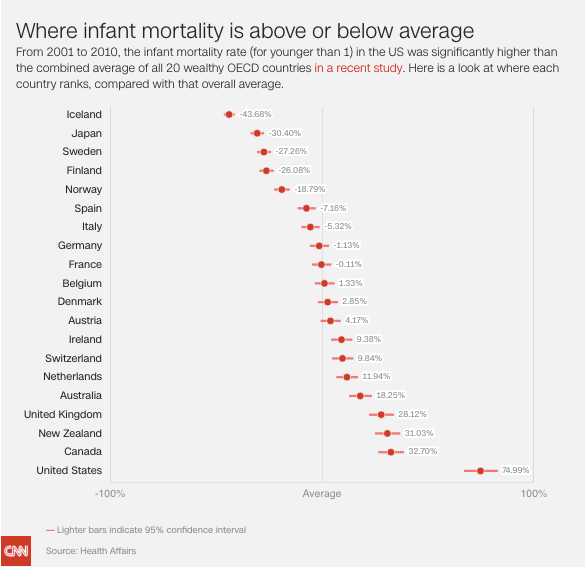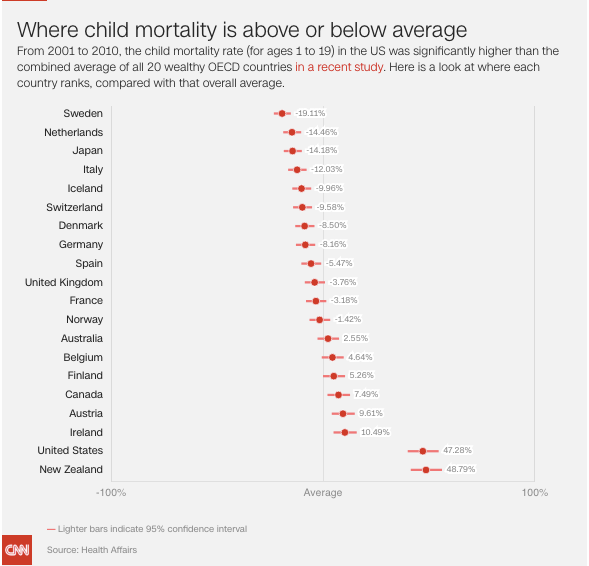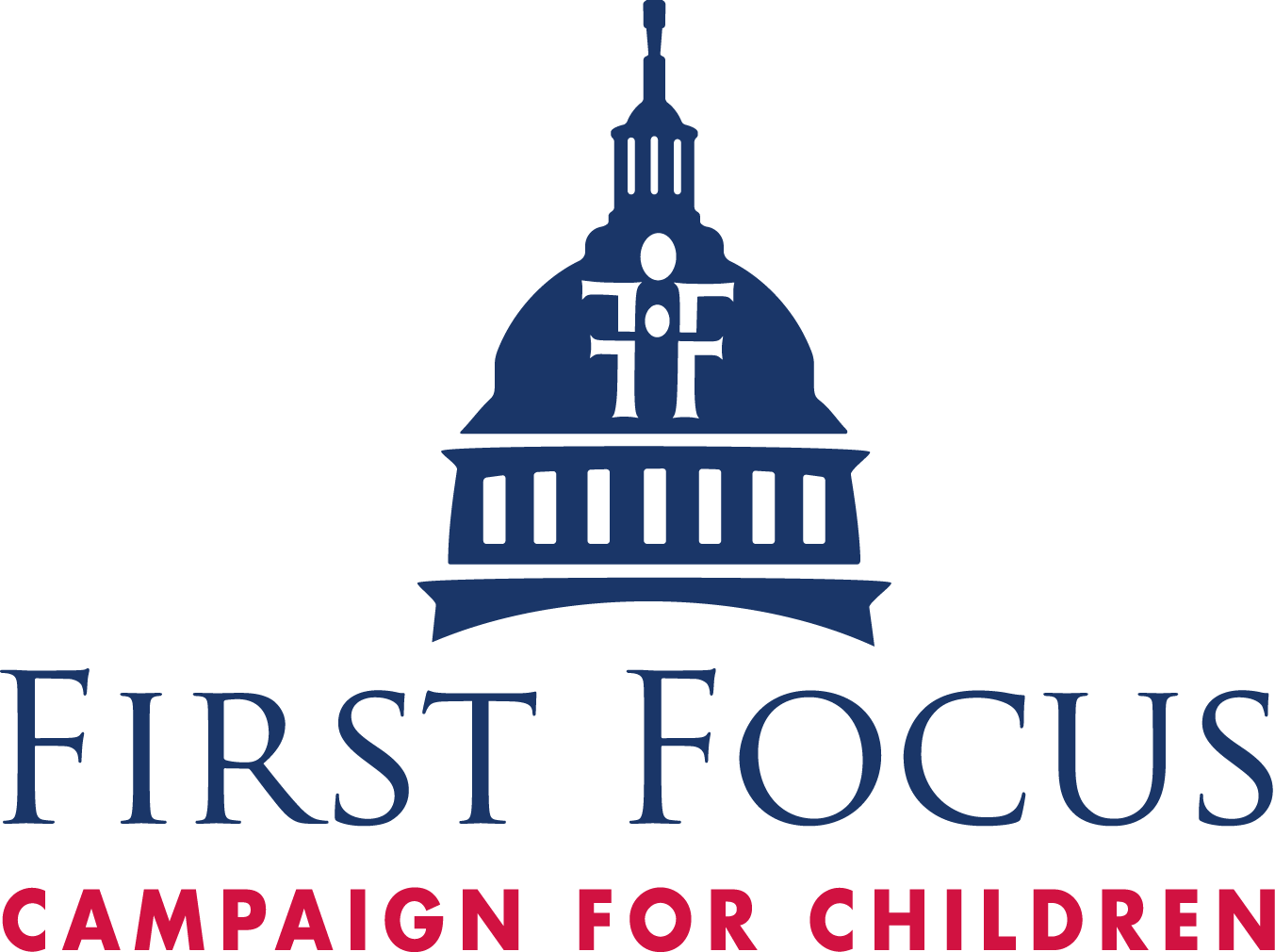In Part I of this series on the “War on Children,” I highlighted many of the ways that Trump’s Secretary of Education Betsy DeVos has systemically sought to harm our nation’s public schools and vulnerable students in K-12 education and college.
And yet, as bad as she has been, I would argue that Office of Management and Budget (OMB) Director Mick Mulvaney may very well be worse for children.
First, despite the fact that Trump signed into law the Bipartisan Budget Act on February 9, 2018, which included a number of positive changes for kids, the President initially threatened to veto the package and then later disowned it.
Consequently, just three after signing the Bipartisan Budget Act, Director Mulvaney released the Administration’s FY 2019 budget proposal, “An American Budget,” which fails our nation’s children in a number of ways.
Among other things, the Administration’s budget includes “a 7.1 billion or 10.5 percent decrease from the 2017 enacted level” for education programs, a $1.4 trillion (yes, TRILLION!) cut to Medicaid over 10 years despite the President’s campaign proposes to protect Medicaid, $5.9 billion in cuts to CHIP (less than 72 hours after the President signed a 10-year extension of CHIP into law), a $17.2 billion cut to the Supplemental Nutrition Assistance Program (SNAP) or food stamps, a $2.2 billion cut to Temporary Assistance for Needy Families (TANF), and elimination of the Social Services Block Grant ($1.7 billion).
If budgets are a reflection of our values, this budget clearly does not value our children — not in the least.
In fact, despite numerous calls to support greater investments and prioritization of children through the federal budget process in order for our nation to successfully meet the challenges of globalization, technology change, the changing nature of work, and a rapidly aging population, Mulvaney’s proposals do the opposite. As the Committee for a Responsible Federal Budget (CRFB) points out:
Children are getting an increasingly small share of the federal budget, even as we are burdening them with immense debt.
Moreover, Mulvaney has not only ignored calls to prioritize investments in children but, as to preview our forthcoming Children’s Budget 2018 release, his budget proposal targets children for a disproportionate level of cuts. Mulvaney’s proposal would cause the share of spending and investments in kids and our future to drop even more dramatically.
Even worse, his arguments for cutting programs related to children are also misinformed. Despite Mulvaney’s false claims that afterschool programs “don’t show results,” Jodi Grant, Executive Director at the Afterschool Alliance corrects the record by pointing to “decades of research” of its success:
The President’s proposal to eliminate federal funding for afterschool programs is bad for children, bad for families, bad for our education system, bad for our workforce, bad for our economy and bad for America. Zeroing out funds for afterschool programs is short-sighted and dangerous. It ignores decades of research demonstrating the many ways afterschool programs support student success. It betrays millions of families who rely on these programs to keep their kids safe, inspire them to learn and provide parents with peace of mind during the sometimes perilous after school hours. It is, quite simply, a terrible idea.
Although the Trump budget was fortunately dead on arrival in Congress, Mulvaney was far from done. Kids would continue to be targeted by Mulvaney.

In fact, worried about the disastrous optics of the tax bill increasing the federal deficit by $1.9 trillion, which is also a children’s issues since the next generation will be left with the burden to pay it off, Mulvaney decided to propose a $15 billion rescission package.
Incredibly, out of over 4,000 line-items in the federal budget from over 430 departments, agencies, and sub-agencies, Mulvaney decided to target just one program for nearly half (46 percent) of all the cuts in his proposed rescission or “clawback” package. That one program, the Children’s Health Insurance Program (CHIP), is so cost effective that its extension was scored by the Congressional Budget Office (CBO) to save $6 billion over ten years because extending it is more efficient and less expensive than other public or private alternatives.
In CBO’s own words:
Extending funding for CHIP for 10 years yields net savings to the federal government because the federal costs of the alternatives to providing coverage through CHIP (primarily Medicaid, subsidized coverage in the marketplaces, and employment-based insurance) are larger than the costs of providing coverage through CHIP during that period.
CHIP is also a program whose extension the President literally signed into law — TWICE — in just the last few months. That one program provides health coverage to over 9 million kids, and yet, it was CHIP that Mulvaney decided to target more than any other line-item in the federal budget.
It seems that kids are always Mulvaney’s prime target.
Fortunately, on a bipartisan basis, some Members of Congress came to the defense of children. As Rep. Peter Roskam (R-IL) said:
When I voted for the Championing Healthy Kids Act last year, which funded CHIP, I did so to ensure our children’s health would not be put in jeopardy. It’s important to preserve the bipartisan progress just a few short months ago. Negotiating a spending bill of this magnitude is an extensive process, but we need to take caution that our children do not become collateral damage of our efforts to provide funding to other important programs.
Rep. Leonard Lance (R-NJ) added:
I certainly favor eliminating and rescinding federal spending that is no longer necessary, has been diverted from its original intent or has sat unused for years. But this package needlessly targets funding for the Children’s Health Insurance Program — which has delivered health insurance to 9 million children in a fiscally responsible manner.
And, as Vern Buchanan (R-FL) explained:
There are plenty of other places we should cut before we touch health care for children. This important program provides peace of mind to families that if their children get sick they will get the medical attention they need.
He added:
This is a tremendously successful program that serves 9 million kids nationwide and 375,000 in Florida. The White House proposal undermines a bipartisan CHIP agreement reached earlier this year and removes reassurances states need that funding will be available to keep kids covered.
Reps. Roskam, Lance, Buchanan, and 16 other of their Republican colleagues should be applauded for voting against the rescission package because of its disproportionate harm to children. But sadly, despite opposition from every single Democrat and 19 Republicans, the House of Representatives voted 210–206 to pass the bill and send the package to the Senate.
Fortunately, by just one vote, the Senate defeated the package by a vote of 49–51 thanks to the opposition of 47 Democrats, 2 Independents, and 2 Republicans. If you don’t believe elections matter, the fact is that the election of Alabama Sen. Doug Jones (D-AL) in last year’s special election was what kept CHIP from being slashed by $7 billion.
The work of child advocates was also critical, as over 500 national, state, and local organizations, spoke out against Mulvaney’s rescission package that disproportionately targeted children’s health coverage for cuts.
Moreover, instead of working to address the terrible fact that infant and child mortality are higher in the United States than any other wealthy nation in the world, child advocates were pressed to, once again, spend their time just trying to prevent even worse things from happening to children.


But then again, his disregard for children seems to go along with the fact that priority is given to those Inside the Beltway that donate money and children don’t contribute to candidates and don’t have political action committees, as Mulvaney effectively admitted in a speech before the American Bankers Association:
I’m going to put my old congressional hat on for a second. What you do here matters. We had a hierarchy in our office in Congress. If you are a lobbyist that never gave us money I didn’t talk to you. If you’re a lobbyist who gave us money, I might talk to you.
Sadly, in Mulvaney’s world, this clearly places children on the very bottom rung of his hierarchy.
In response, the public and Congress should demand greater transparency with respect to the impact that our nation’s budget has on children. Fortunately, two pieces of legislation were introduced during Children’s Week to do just that, as Sen. Kamala Harris (D-CA) introduced S. 3074, the “Focus on Children Act” and Sen. Bob Menendez (D-NJ) introduced S. 3075, the “Children’s Budget Act” with Sen. Bob Casey (D-PA) as an original cosponsor of both bills.
These two bills would improve the release of information on how presidential budget proposals and congressional actions have on our nation’s children. By directing CBO and OMB to regularly analyze federal investments in children’s programs, this legislative package will help keep our policymakers informed and accountable as they make critical funding decisions affecting our children and families now and into the future.
If federal budgets reflect our national priorities, we should — at the very least — know the extent to which kids are prioritized or defunded by our national leaders.
One of our government’s top priority should be the health and well-being of children. This Administration’s policies — from threatening CHIP funding to separating children from their parents at the border — demonstrate how far they are from that goal. We need complete transparency of the resources or lack thereof our government put into our children. Without it, we will fail to help them reach their full potential. These bills will lead to more efficient spending and make the success of our children the national priority it should be.
The well-being of America’s children cannot continue to be an afterthought, but must be a national priority. It should be the responsibility of every president, regardless of party, to outline how their proposals would impact our youngest generation. It is also vital that we ensure robust Congressional oversight of federal programs charged with safeguarding the welfare of a quarter of our population. While we have witnessed the Administration’s attempts at diminishing the already deficient and depleted funding dedicated to our children, it is our responsibility to bring transparency to our government’s investment in our nation’s future. This president’s shameful disregard for our country’s future means now, more than ever, it’s vital to bring children into the equation.
Please call your senators and ask them to cosponsor and take immediate action to pass these no-cost, good government proposals to improve transparency when it comes to children in the federal budget.
In Part III of this series, I will argue that, despite strong competition from Education Secretary Betsy DeVos, Mulvaney, and others, Attorney Jeff Sessions may be the worst Cabinet member of all for children.

